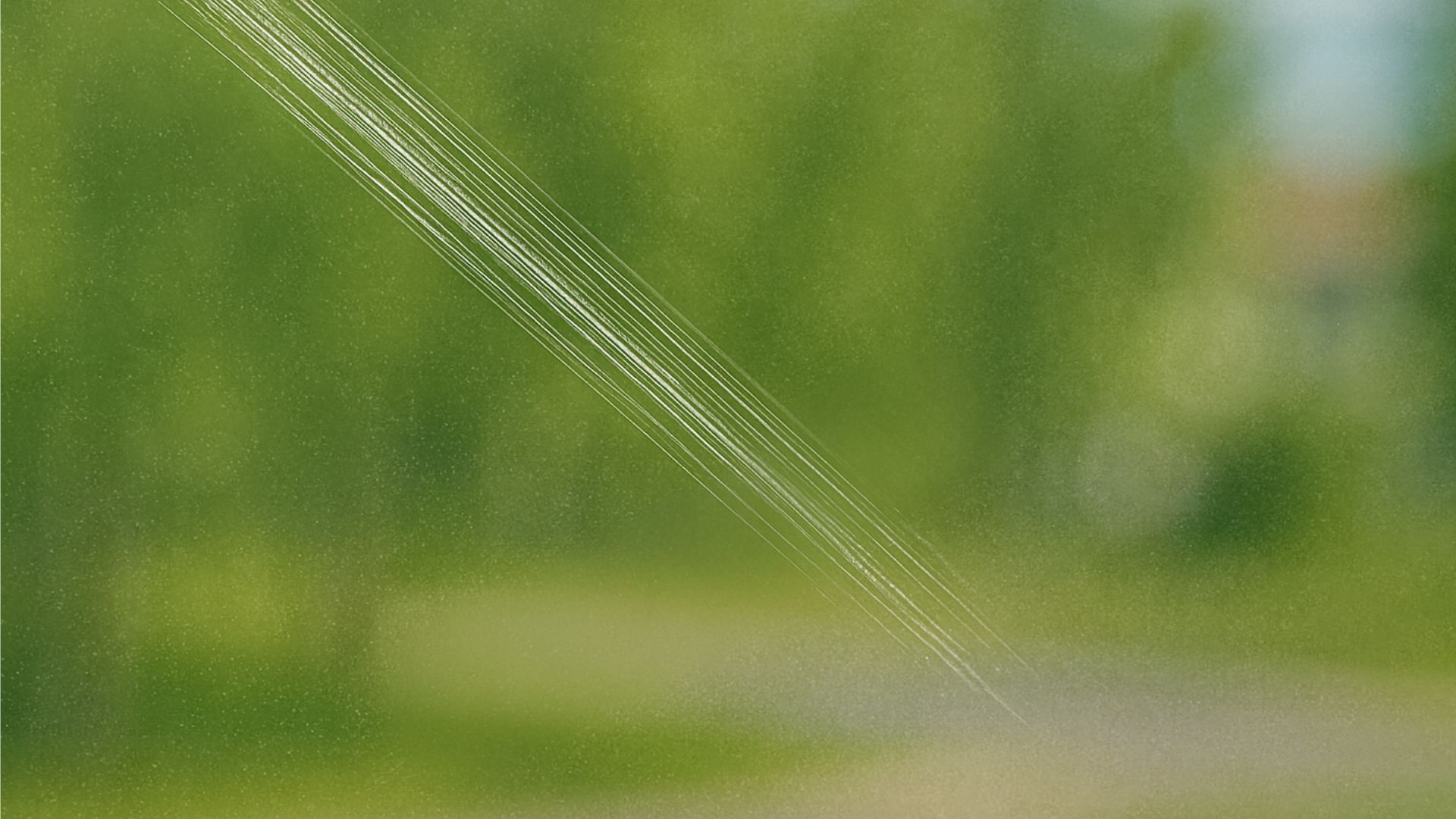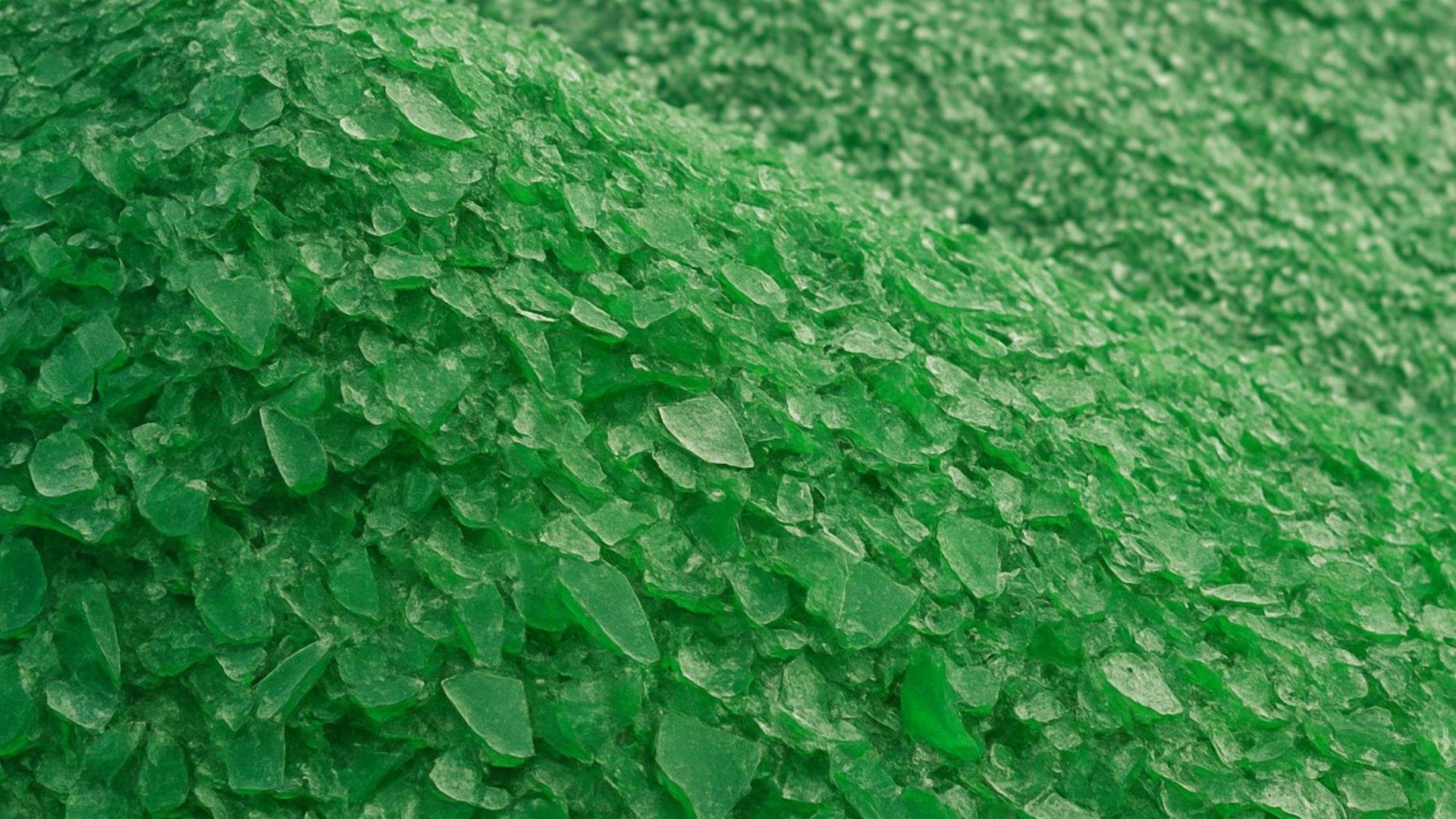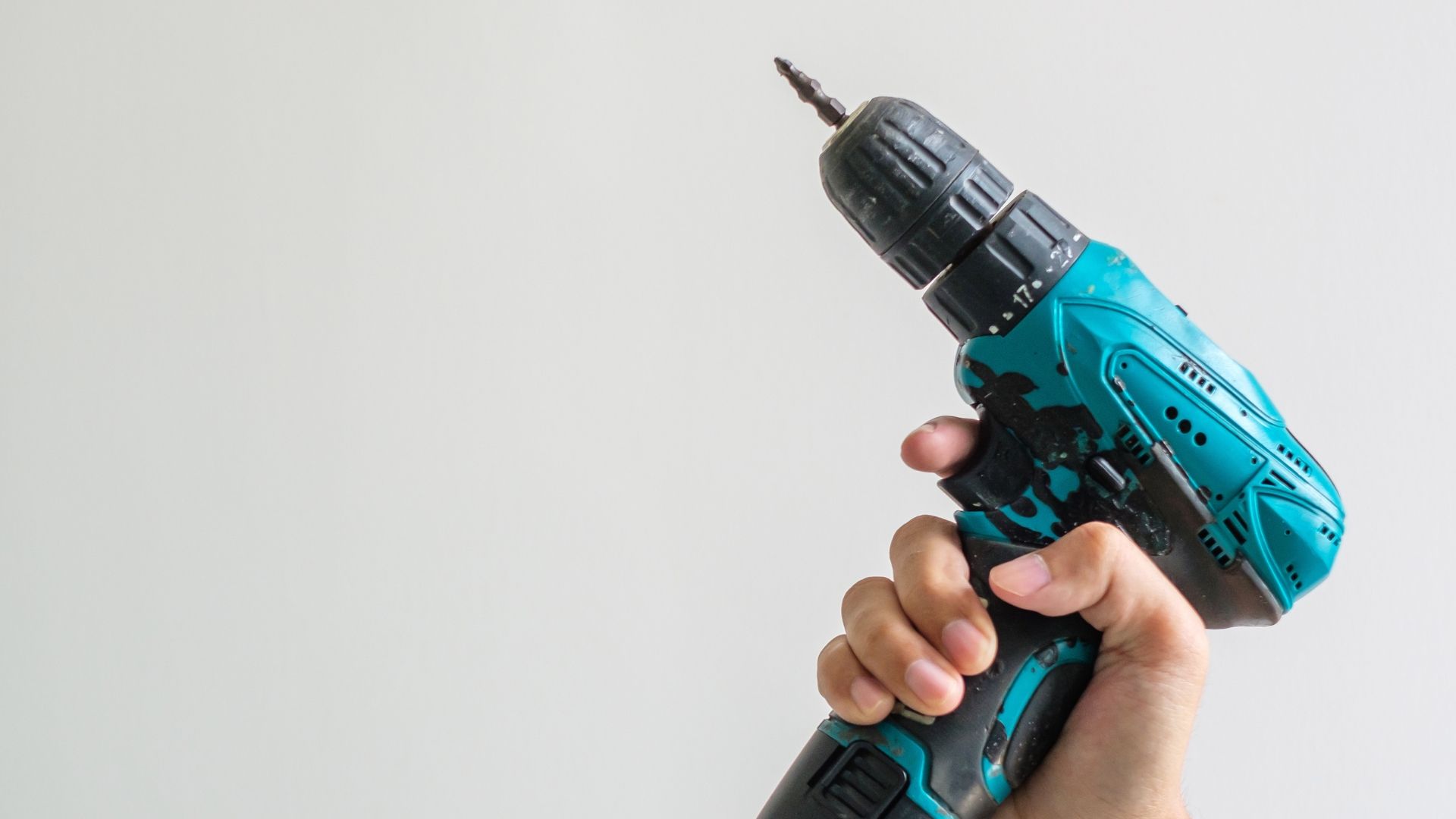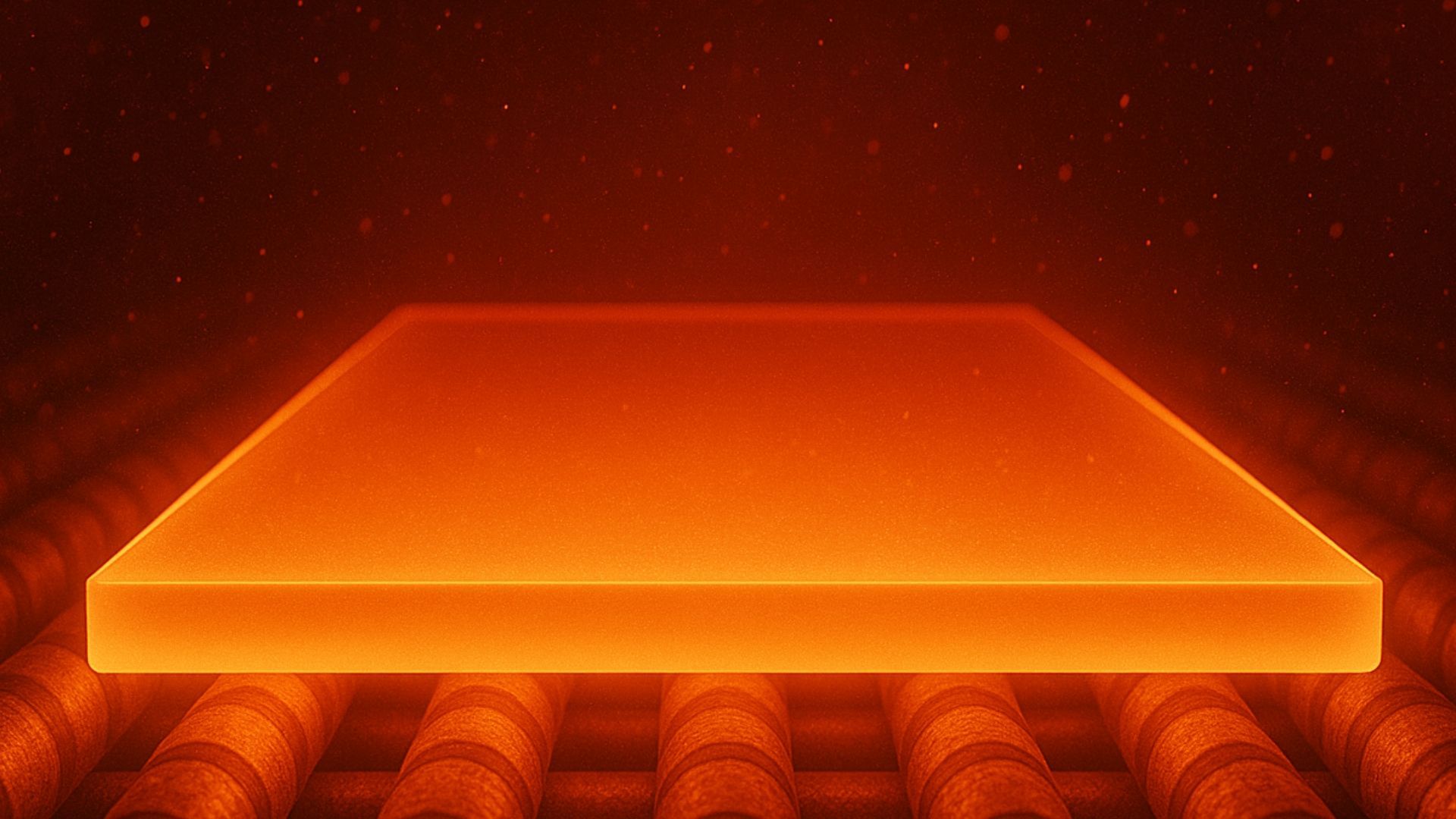Heat soak testing explained
Share this blog:
What is heat soak testing and why is it important in glass manufacturing? Get the answers in our guide.
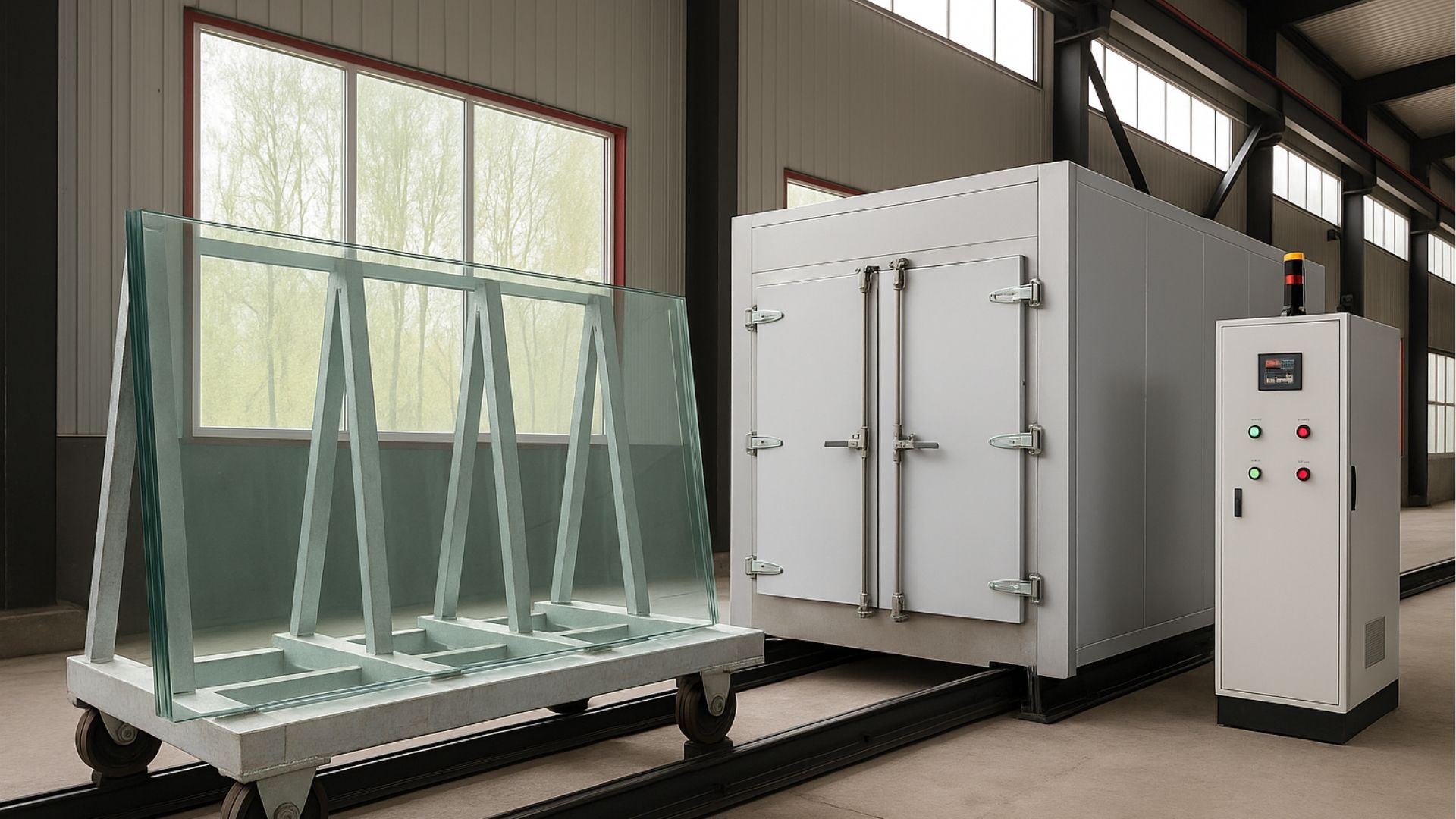
Certaines choses dans la vie sont négociables, mais la qualité des matériaux de construction ne l’est jamais.
Cela s'applique à tout, des briques au plastique, de la pierre à l'acier. Mais c'est particulièrement évident dans le cas du verre.
Fabriqué et installé selon des normes élevées, le verre est durable, sûr et résistant. Cependant, si vous faites des économies, vous risquez de blesser, voire de tuer.
Nous ne cherchons pas à nous faire peur. La plupart du temps, vous serez satisfait de vos produits en verre en les achetant simplement auprès d'un transformateur de verre réputé et accrédité.
There are, however, some aspects of glass manufacturing that still give installers pause for thought. Take
nickel sulfide inclusions – tiny impurities in toughened glass that can, in some cases, lead to spontaneous glass breakage.
We say "in some cases" because spontaneous glass breakage is far from common. It is, however, a reality. This is why many architects, designers and builders ask for toughened glass to undergo
heat soak testing – an extra precautionary stage in the manufacturing process to ensure the glass is the best of the best.
Dans cet article, nous examinons de plus près le processus de test de résistance thermique et son importance. Nous espérons qu'il vous sera utile lors de l'approvisionnement en produits verriers pour votre projet de construction.
What is heat soak testing?
Lors de la fabrication du verre trempé, des impuretés de sulfure de nickel peuvent s'incruster dans le produit fini. Avec le temps, elles peuvent se dilater. Cela peut se produire en quelques jours, mois ou années. À terme, elles peuvent provoquer la rupture spontanée des vitres.
Le test de trempe thermique est un procédé qui vise à repérer les vitres défectueuses avant même leur arrivée sur un chantier. Après le processus de trempe initial, où le verre est chauffé à haute température puis refroidi rapidement, il est placé dans un four séparé. Il y est chauffé à environ 290 °C (554 °F) pendant quatre heures.
Si une vitre en verre trempé contient des inclusions de sulfure de nickel, elle risque fort de se briser dans le four. Cela permet aux fabricants de retirer les produits défectueux et de les remplacer avant expédition.
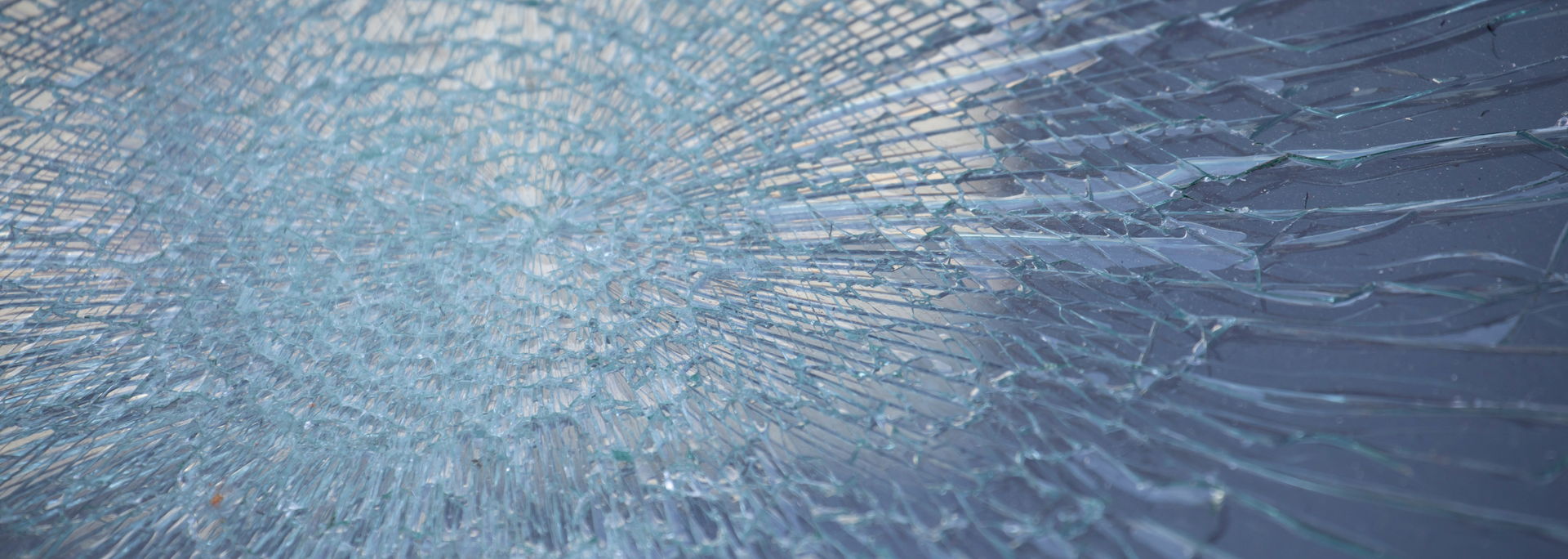
What are nickel sulfide inclusions?
Les inclusions de sulfure de nickel sont des particules de sulfure de nickel presque invisibles qui peuvent se dilater à l'intérieur du verre trempé et provoquer sa rupture spontanée.
Il s'agit d'un sous-produit indésirable du processus de fabrication. Bien que les fabricants utilisent différentes méthodes pour réduire ou éliminer ce risque, la méthode la plus fiable à l'heure actuelle est le test de trempage thermique.
Pourquoi le nickel est-il présent dans le processus de fabrication du verre ?
Contaminants are an unavoidable part of the glass manufacturing process, especially in large-scale production. In this respect, they're similar to
roller-wave distortion and other imperfections in otherwise high-quality toughened glass products.
Il arrive que les machines en acier inoxydable utilisées pour fabriquer et manipuler le verre trempé contaminent le verre avec des copeaux de nickel. Ceux-ci s'incrustent dans le verre et peuvent provoquer sa casse spontanée.
Why is heat soak testing important?
L'importance des tests de résistance à la chaleur réside bien sûr dans la sécurité. Le verre trempé est généralement installé dans des « zones critiques », c'est-à-dire dans les parties d'un bâtiment où des personnes pourraient être blessées en cas de bris de verre.
De plus, les tests de résistance à la chaleur peuvent vous faire économiser de l'argent à long terme. Même si personne n'est blessé, vous ne voulez pas dépenser d'argent en réparations ni gaspiller de l'argent pendant les temps d'arrêt. En augmentant la durée de vie du verre trempé, vous faites un investissement judicieux.
Le test de résistance à la chaleur est une mesure préventive qui rassure les fabricants, les concepteurs et les installateurs. Bien qu'il ne soit pas fiable, il réduit considérablement les risques d'éclatement spontané du verre.
Le problème avec les inclusions de sulfure de nickel, voyez-vous, c'est qu'il est rarement possible de repérer le problème simplement en regardant le verre. Une fois brisé, le motif de la rupture le rend évident. Mais une vitre en verre trempé avec des inclusions de sulfure de nickel a généralement le même aspect qu'une vitre sans.
Pour quels types de produits en verre le test de trempage thermique est-il utilisé ?
Le test de résistance thermique peut être utilisé sur le verre trempé destiné à toutes les applications. Il est particulièrement important lorsque le verre est destiné à des vitrages structurels ou architecturaux, notamment pour les puits de lumière, les murs porteurs en verre, les balustrades, les cloisons, etc.

Quelles sont les limites des tests de trempage à chaud ?
Le test de trempage thermique est une bonne idée. Cependant, ce n'est pas une méthode totalement fiable. Certains panneaux de verre contenant des inclusions de sulfure de nickel peuvent néanmoins se retrouver dans les bâtiments malgré ce test.
Une autre limite du test de trempe thermique est qu'il s'agit d'un processus destructif. La seule façon de savoir si un morceau de verre trempé contient des inclusions de sulfure de nickel est de le détruire dans un four.
Les inclusions de sulfure de nickel peuvent être détectées par d'autres méthodes, notamment les ultrasons et la microscopie à lumière polarisée. Cependant, dans la plupart des cas, le test de trempage thermique reste la méthode la plus abordable et la plus fiable.
Quelles autres causes peuvent provoquer un bris de verre spontané ?
Les inclusions de sulfure de nickel ne sont pas la seule cause de bris spontané du verre. Elles peuvent également être causées par des bords ébréchés ou ébréchés, des contraintes thermiques ou l'utilisation d'un verre trop peu épais pour résister à la charge du vent.
Le cas de l'hôtel de ville de Londres
Entre 2002 et 2021, l'hôtel de ville de Londres, à Bermondsey, était le siège de la Greater London Authority. Conçu par le célèbre architecte Norman Foster, son achèvement a coûté environ 43 millions de livres sterling.
Comme de nombreux ajouts récents au paysage urbain londonien, l'hôtel de ville de Londres a divisé les opinions. Certains s'émerveillaient de ses passerelles concentriques surélevées, tandis que d'autres le comparaient au casque de Dark Vador.
Peu après son achèvement, l'hôtel de ville de Londres a rencontré des problèmes. Plusieurs cloisons vitrées, du sol au plafond, se sont brisées spontanément, et il a été convenu que la cause en était des inclusions de sulfure de nickel.
Bien que ces problèmes à l'hôtel de ville de Londres soient inhabituels, ils pourraient se reproduire. Si votre projet implique l'installation de verre trempé à des endroits critiques, un test de résistance à la chaleur est la meilleure solution.
Here at ToughGlaze, we put the quality of our products first. Whatever kind of toughened or laminated glass you need for your project, we can heat soak test it here at our state-of-the-art facilities. Learn more about our
heat-soaked glass or
get in touch for a quick, competitive quote.


